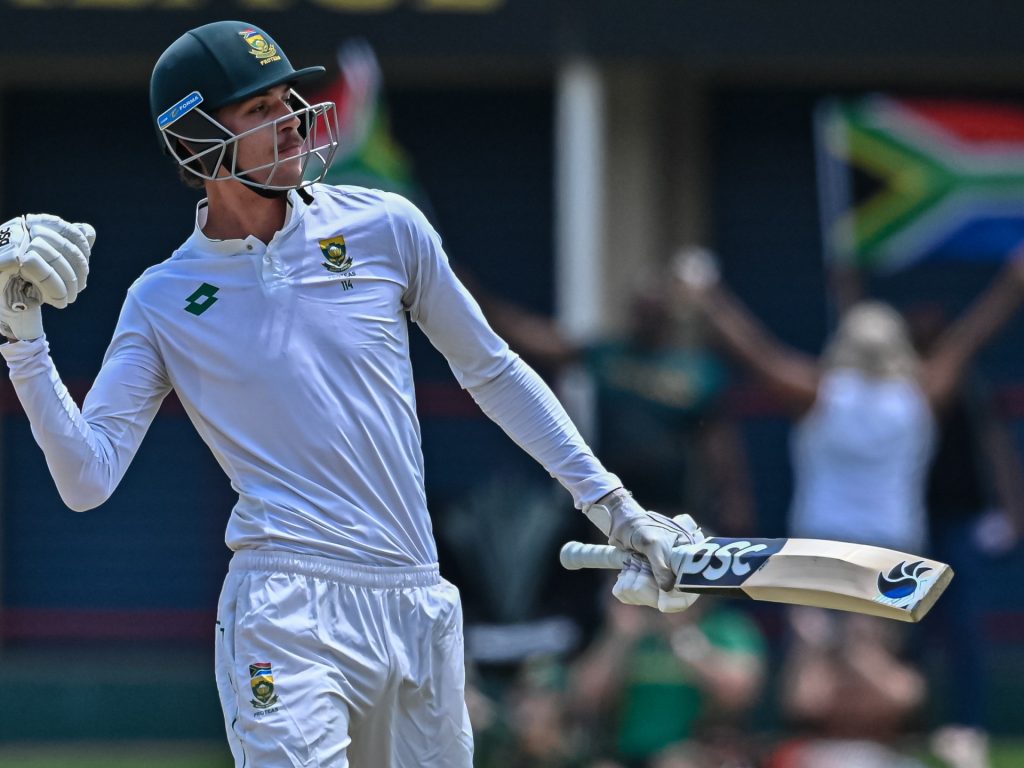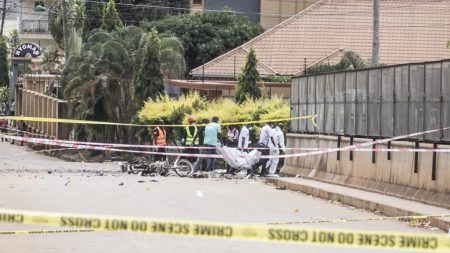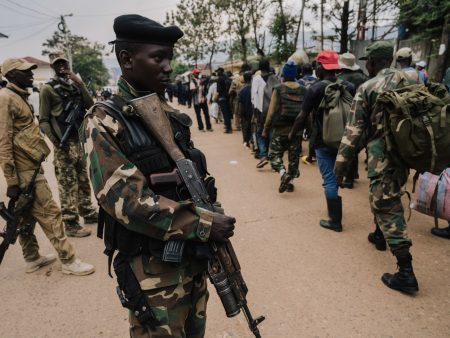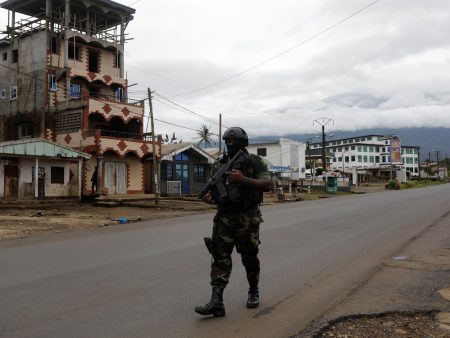South Africa secured their spot in the World Test Championship final with a thrilling two-wicket victory over Pakistan in the first Test at Centurion. The match, a tense affair from start to finish, culminated in a nail-biting chase of 148 runs, with South Africa’s tailenders, Kagiso Rabada and Marco Jansen, holding their nerve against a relentless Mohammad Abbas to steer their team to victory. The win cemented South Africa’s position at the top of the WTC standings, guaranteeing them a place in the final against a yet-to-be-determined opponent at Lord’s in June. This victory was particularly significant for the Proteas, considering their fluctuating fortunes throughout the WTC cycle. Initial setbacks against India and New Zealand had cast doubt on their qualification prospects, but a string of victories against the West Indies, Bangladesh, and Sri Lanka revived their campaign.
The final day’s play was a microcosm of the match itself, oscillating dramatically between hope and despair for both sides. Pakistan, spearheaded by the returning Mohammad Abbas, made significant inroads into the South African batting line-up. Abbas, playing his first Test in over three years, produced a masterful display of seam bowling, taking 6-54 and pushing South Africa to the brink of defeat. His marathon 13-over spell before lunch decimated the middle order, leaving the Proteas precariously placed at 99-8. The collapse included a controversial non-review by South African captain Temba Bavuma, who walked off despite replays suggesting the ball had brushed his pocket and not his bat.
Despite the precarious situation, Rabada and Jansen displayed remarkable composure and resilience, defying the pressure and chipping away at the target. Rabada, in particular, played a pivotal role, smashing an unbeaten 31 off just 26 balls, including five boundaries, to guide his team over the line. Jansen’s contribution, though less flamboyant, was equally crucial, providing steadfast support at the other end and securing the winning runs with a boundary off Abbas. This partnership proved decisive, frustrating Pakistan’s hopes of a first Test victory in South Africa in nearly two decades.
The match had been closely contested throughout, with neither team establishing a decisive advantage. Earlier in the South African innings, Bavuma and Aiden Markram had built a solid foundation, resisting the Pakistani attack for an extended period. Their partnership offered a glimmer of hope for the Proteas, but Abbas’s brilliance ultimately proved too difficult to overcome, triggering a collapse that nearly cost them the match. Despite their eventual victory, Bavuma acknowledged the team’s need for greater ruthlessness going forward, recognizing the narrow margin of their escape.
For Pakistan, the defeat was a bitter pill to swallow. Despite a valiant effort, they were ultimately unable to capitalize on their opportunities. Captain Shan Masood expressed his pride in the team’s performance but lamented their inability to convert promising positions into victories, a recurring theme for the team. The missed chances and inability to close out the game will undoubtedly be areas of focus for Pakistan as they prepare for the second Test in Cape Town.
This thrilling encounter underscored the enduring appeal of Test cricket, highlighting the ebb and flow of the game and the importance of resilience under pressure. South Africa’s victory, while hard-fought, was ultimately deserved, rewarding their fighting spirit and determination. Their qualification for the WTC final is a testament to their resilience and ability to bounce back from setbacks, setting the stage for a potentially historic clash at Lord’s. Meanwhile, Pakistan will be looking to regroup and level the series in Cape Town, aiming to address the inconsistencies that have plagued them in recent times. The second Test promises to be another intriguing contest, with both teams vying for supremacy and seeking to finish the series on a high.









